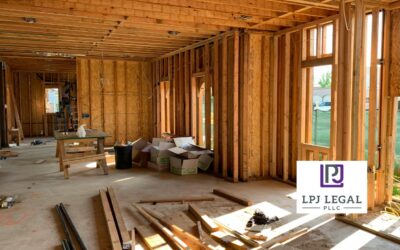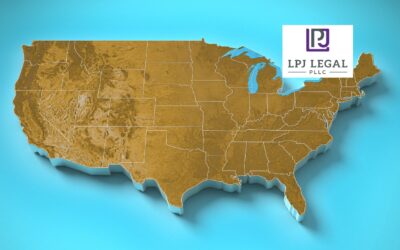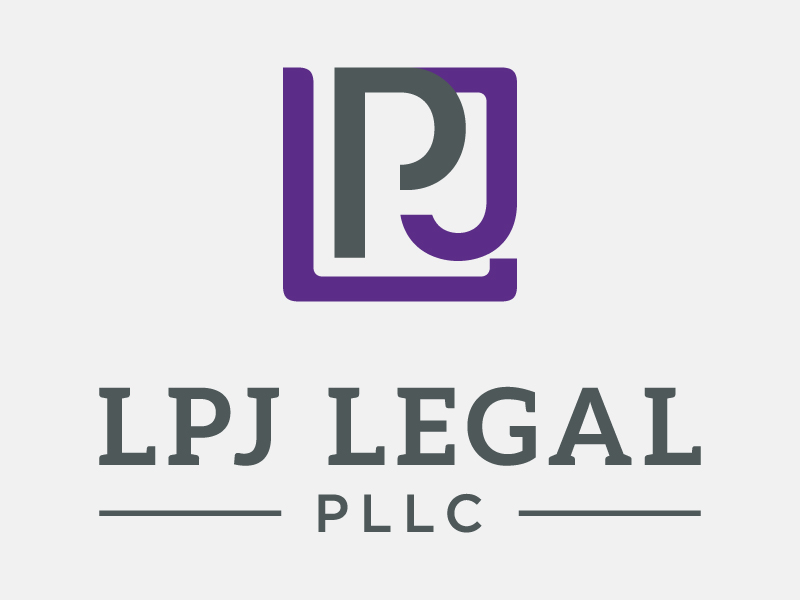Summers heating up – can your Washington, D.C. property qualify as a short term rental?
Weekend getaways in an AirBNB or VRBO are popular year round—but especially during summer’s peak travel season. Can you convert your Washington, D.C. property into a short-term rental? Yes, but only if you abide by the 2025 rental regulations that the city has imposed.
In 2022, the District of Columbia implemented a licensing framework that made it illegal for investors to rent out secondary properties as short-term rentals. Understanding this framework is critical to avoiding fines and operating within the city’s guidelines.
To ensure licensing and compliance, work with a Washington D.C. real estate lawyer.
New to LPJ Legal? We’re a dedicated group of experienced and highly credible legal professionals, proudly representing clients both locally and internationally with domestic offices in D.C., Maryland, Virginia, and Georgia. At LPJ Legal, we believe that a law firm should be more than a legal resource; it should be a trusted partner. Our team is committed to safeguarding our clients’ businesses, properties, and futures, providing powerful legal insights to help ensure their success. To become a real estate client, visit the LPJ Legal website, or call us directly at 202-643-6211.
Here’s what you need to know before listing a property as a short-term rental in D.C.
Defining a Short-Term Rental in D.C.:
In Washington D.C., a short-term rental:
- ✅ Applies to primary residences only: Washington D.C. restricts short-term rentals to the owner’s principal residence, meaning that the owner must reside there 183 days or more per year. This is the most important regulation to understand.
- ✅ Must be a dwelling unit: or part of one (e.g., an entire home, basement unit, or spare bedroom).
- ✅ Must be offered to guests for less than 30 consecutive nights per guest.
- ✅ The platform may vary: Whether booked through Airbnb, VRBO, Booking.com, or privately—if the parameters are met, it is still a short-term rental.
- ✅ Not the same as long-term leasing: If the guest stay is 30 days or more, it’s generally considered a long-term lease and different rules apply.
These factors make you ineligible for short-term rentals in D.C:
The following arrangements are not legally permitted under D.C.’s 2025 short-term rental regulations
- ❌ You are attempting to use a second home or investment property as your short-term rental.
- ❌ You do not live in the space for over 183 days/year.
- ❌ You list the residence on Airbnb, VRBO, etc., for stays of over 30 consecutive nights.
⚠️ Risk:
Operating a non-primary residence as a short-term rental in D.C. can result in:
- Fines up to $2,000 per violation
- Revoked listings by platforms like Airbnb
- Denial of future license applications
What about Vacation Rentals?
If you’re renting out your primary residence while not present, your rental is classified as a “vacation rental.” Vacation rentals are:
- Limited to 90 rental nights per year.
- Only allowed with the correct vacation rental license (which is different than a short-term lease rental)
- Subject to stricter enforcement and reporting
Alternative Options for those with Secondary Homes in D.C.
Given these restrictions, if you own a second home in D.C. that you wish to rent out, you might consider the following alternatives:
- Long-Term Rental: Leasing a property for periods longer than 30 consecutive days. Long-term rentals are not subject to the same primary residence requirements.
- Corporate or Executive Housing: Offer the property as furnished housing for business travelers or relocating professionals, typically for extended stays.
- Mid-Term Rental: Renting the property for 1–6 months, catering to individuals in transition, such as those undergoing home renovations or extended work assignments.
Contact the experts at LPJ Legal to ensure compliance with your short or long-term rental plans.
Licensing Requirements
To legally operate a short-term rental in Washington, D.C., you must obtain one of two license types:
- Short-Term Rental License – for renting out part of your primary residence while you’re living on the premises.
- Short-Term Rental: Vacation Rental License – for renting out your primary residence when you’re not home. This license is limited to 90 nights per calendar year.
Both licenses require:
- Proof of primary residence (such as a D.C. driver’s license or voter registration)
- A Certificate of Clean Hands from the Office of Tax and Revenue
- Basic safety measures, including smoke detectors and fire exits
Specific sections relating to short-term rentals can be found here: https://www.dcregs.dc.gov Search: Short-Term Rental or Title 14, Chapter 99
For Clean Hands Certificates, tax rates, and business tax filing, visit: https://otr.cfo.dc.gov
✅ Sources for Short-Term Rental Laws in D.C.:
D.C. Department of Licensing and Consumer Protection (DLCP) (Formerly part of DCRA – Department of Consumer and Regulatory Affairs)
- Main Portal: https://dlcp.dc.gov
- Short-Term Rental Licensing Page: https://dlcp.dc.gov/page/short-term-rentals Here, investors can apply for a license, download step-by-step compliance checklists, and see definitions of primary vs. vacation rentals.
🧾 Other Helpful Resources for Investors
- Airbnb Help Center: D.C. Regulations Overview Platforms like Airbnb and VRBO often have city-specific compliance pages. Example: https://www.airbnb.com/help/article/863
- Community Boards/HOAs While not part of public record, many multi-family buildings or neighborhoods have their own STR rules. Always check HOA or condo bylaws.
D.C. Code § 47–2828 and D.C. Code § 47–873.01
- Governs business licensing and transient lodging tax requirements
- Available on: https://code.dccouncil.gov
Final Thoughts
Short-term rentals can be a great way to generate income from real estate—but only if done legally and strategically. At LPJ Legal, we help real estate investors navigate complex regulations, stay compliant, and protect their properties.
If you’re thinking about listing a home or unit as a short-term rental in Washington, D.C., our team is here to review your plans, guide you through licensing, and help you avoid legal pitfalls.
📞 Contact us at 202-643-6211 today for a consultation. 🌐 Visit [LPJLegal.com] to learn more about our real estate legal services in D.C., Maryland, Virginia, and Georgia.



